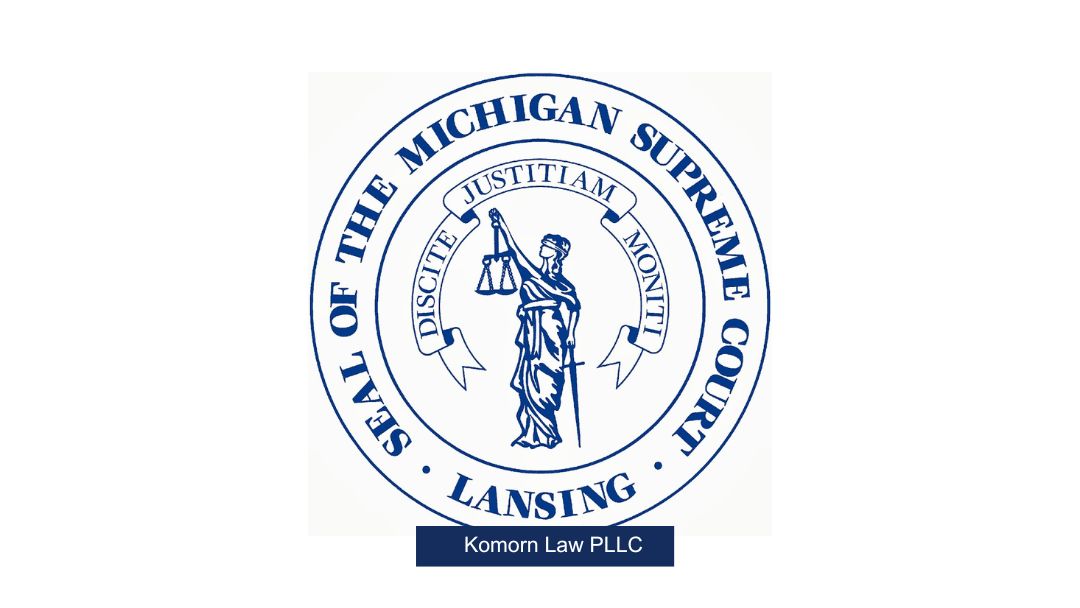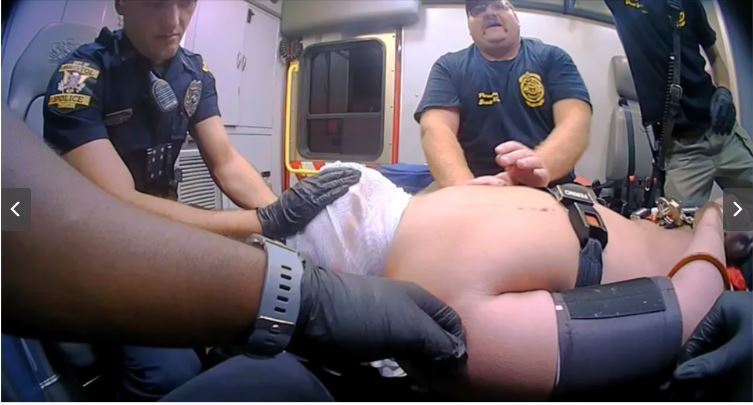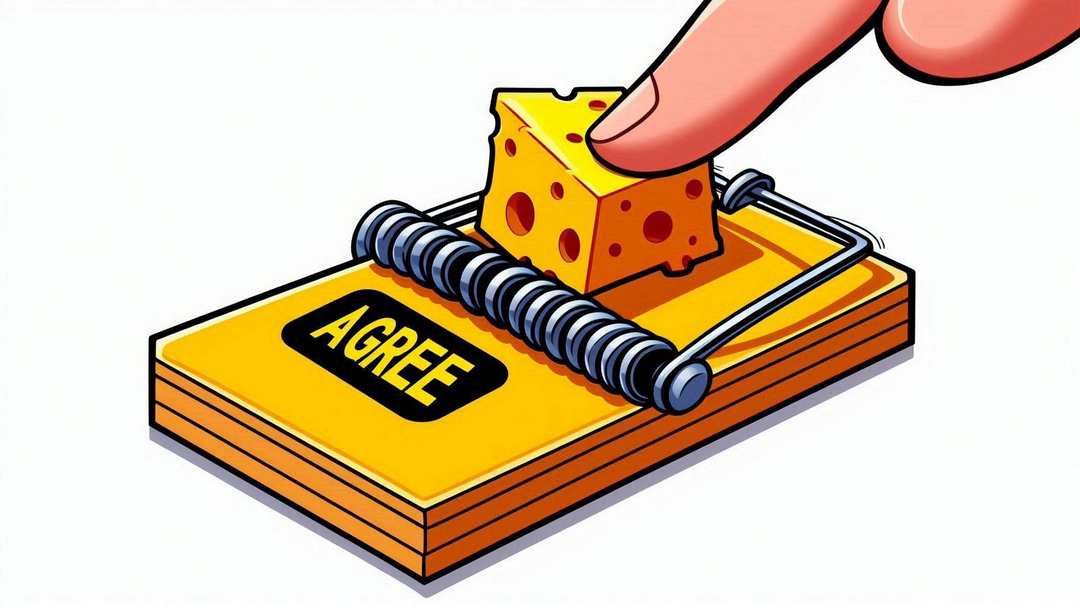Students attending K-12 schools in Michigan would have the opportunity to utilize medical marijuana and CBD-infused products thanks to recently introduced legislation (2023-HIB-5063).
The bill, introduced by Democratic representatives in the Michigan House last week, aims to legalize the consumption of marijuana-infused edibles, beverages, and other products with minimal THC content by students on school premises or while riding a school bus.
A designated staff member will have the authority to administer the product, while only those with written permission specifying the appropriate timing and recipients will be permitted to ingest it. Examples of such instances include rescue medication for the relief or prevention of symptoms.
The goal is to improve access to medical marijuana for students who meet the required qualifications, thereby enhancing their accessibility.
It’s a clear demonstration of the state’s commitment to align its policies with the wide range of drugs that vary in legal status within Michigan.
FAQs
Q: What is the purpose of Michigan legislation 2023-HIB-5063?
A: The purpose of Michigan legislation 2023-HIB-5063 is to require school districts to provide medical marijuana to students who have a medical marijuana card and whose parents or guardians have consented to their use of medical marijuana.
Q: Who is eligible to receive medical marijuana under the legislation?
A: Students who have a medical marijuana card and whose parents or guardians have consented to their use of medical marijuana are eligible to receive medical marijuana under the legislation.
Q: How would medical marijuana be administered to students under the legislation?
A: The legislation would require school districts to designate a school nurse or other qualified school employee to be responsible for administering medical marijuana to students. The legislation also requires school districts to develop a policy for the administration of medical marijuana to students.
Q: Are there any restrictions on the use of medical marijuana by students under the legislation?
A: Yes, there are some restrictions on the use of medical marijuana by students under the legislation. For example, students would not be allowed to use medical marijuana during school hours or during school-sponsored activities.
Q: When would the legislation take effect?
A: If the legislation is passed and signed into law, it would take effect on September 30, 2024.
Additional information:
- The legislation was introduced by Representative Dylan Wegela on September 28, 2023.
- The legislation has been referred to the House Committee on Regulatory Reform.
- The legislation has not yet been voted on by the Michigan House of Representatives as of October 3, 2023.
Please note that this is just a summary of the legislation and does not constitute legal advice. If you have any questions about the legislation, you should consult with an attorney.
Random FAQs
Q: What is a subpoena?
A: A subpoena is a court order that requires a person to appear in court or to produce documents.
Q: What is a deposition?
A: A deposition is a sworn statement that a witness gives outside of court. Depositions are often used to gather evidence before a trial.
Q: What is a plea bargain?
A: A plea bargain is an agreement between a defendant and a prosecutor in which the defendant agrees to plead guilty to a lesser charge in exchange for a lighter sentence.
Q: What is a trial by jury?
A: A trial by jury is a trial in which a group of citizens, called jurors, decide the guilt or innocence of a defendant in a criminal case.
Q: What is an appeal?
An appeal is a process by which a party in a lawsuit asks a higher court to review a decision made by a lower court.
Q: What is a writ of habeas corpus?
A writ of habeas corpus is a court order that requires a person who is being held in custody to be brought before a judge so that the legality of their detention can be determined.
Q: What is a Miranda warning?
A Miranda warning is a warning that police officers must give to suspects before they interrogate them. The Miranda warning informs suspects of their rights, such as the right to remain silent and the right to an attorney.
Q: What is a statute of limitations?
A statute of limitations is a law that sets a time limit within which a lawsuit must be filed.
Q: What is a tort?
A tort is a civil wrong that causes harm to another person. Common torts include negligence, assault, and battery.
Q: What is a contract?
A contract is an agreement between two or more parties that is enforceable by law.
Q: What is a crime?
A crime is an act that is prohibited by law and punishable by the government.
What does Quash mean?
to say officially that something or an earlier decision, is no longer to be accepted: His conviction was quashed after his attorney argued that police evidence was all lies.
What is conviction vacated mean?
When a sentence is vacated: It legally annuls the conviction. Vacating a criminal sentence means removing that conviction from a person’s record. The record will then appear as if the person was never charged and convicted of a crime.
Why would a sentence be vacated?
Someone who has their conviction vacated are released from custody under certain conditions, such as a plea bargain being breached, proof of ineffective counsel, court bias, or another similar factor that might have impacted the outcome of the original trial.
Is vacating the same as dismissing?
‘Vacating’ or ‘setting aside’ is used when referring to nullifying a specific judgment from the judge (in this case, a guilty or ‘no contest’ judgment).
‘Dismissing’ applies to the entire case. It means that the case is thrown out for reasons other than its factual merits.
Does vacated mean innocent?
Winning the motion to vacate doesn’t mean that this is the end of the matter. The conviction or sentence is canceled as if it never existed, but the court doesn’t close your case. Instead, the prosecutor then decides whether to drop or pursue the original charges.
More Posts

Warrantless Searches in Michigan
I don't need a warrant for that...In Michigan, as in the rest of the United States, the Fourth Amendment of the fading Constitution provides individuals with protection against unreasonable searches and seizures by law enforcement. Generally, this means that police...

One of Michigan’s Top DUI Attorneys
We aggressively defend all aspects of traffic law, from simple civil infractions to more serious alcohol and drug-related offenses. Don't wait till the last second to get an attorney. That's how you lose.Why Attorney Michael Komorn is one of Michigan’s Top DUI...

Michigan DUI Laws and Consequences – Second Offense
Michigan DUI Laws and Consequences – Second Offense Operating Under the Influence (OUI) is a serious offense in Michigan. If someone is caught driving under the influence of alcohol or drugs, they can face severe penalties. When it comes to a second offense, the...

Federal Ban on Owning Firearms by Cannabis Consumers is Unconstitutional Court Says
Federal charges against a non-violent, cannabis-using gun owner were unconstitutional.A federal appeals court panel upheld a lower court's ruling on Wednesday, declaring that federal charges against a non-violent, cannabis-using gun owner were unconstitutional. “The...

AG Nessel joined 21 attorneys general to regulate the sale of firearms
Extreme Risk Protection Order to prevent individuals from possessing or owning a firearm for eight years following their conviction. That legislation was signed into law by Governor Gretchen Whitmer in November of 2023.Michigan Attorney General Dana Nessel has joined...

Michigan DUI Laws and Consequences – First Offense
First Offense DUI in Michigan: Laws and ConsequencesFacing a first offense DUI in Michigan can be daunting as the implications are significant and the legal landscape is complex. Understanding the laws surrounding Operating While Intoxicated is essential, as these...

Michigan Supreme Court to Hold Public Administrative Hearing
On September 18, 2024, the Michigan Supreme Court will conduct a public administrative hearing, providing an opportunity for citizens and legal professionals to engage directly with the state's highest court. This hearing, held via Zoom and livestreamed on YouTube,...

Nuclear waste headed to southeast Michigan landfill
What happened to the nuclear waste from the Manhattan Project? It's coming to Michigan so New York can be a cleaner place.August 2024, the U.S. Army Corps of Engineers is transporting nuclear waste from the Manhattan Project (Read it) to the Wayne Disposal facility in...

Video kept from family shows police force not drugs killed son
police and paramedics inflicted “inhumane acts of violence”A mother has filed a federal lawsuit claiming that, while her son was experiencing a seizure in his Tennessee apartment, police and paramedics inflicted “inhumane acts of violence” on the 23-year-old instead...

What could happen when you click the – I agree – box?
Wrongful death suit against Disney serves as a warning to consumers when clicking ‘I agree’A wrongful death lawsuit involving Walt Disney Parks and Resorts highlights the critical importance for consumers to meticulously review the fine print before registering for a...








